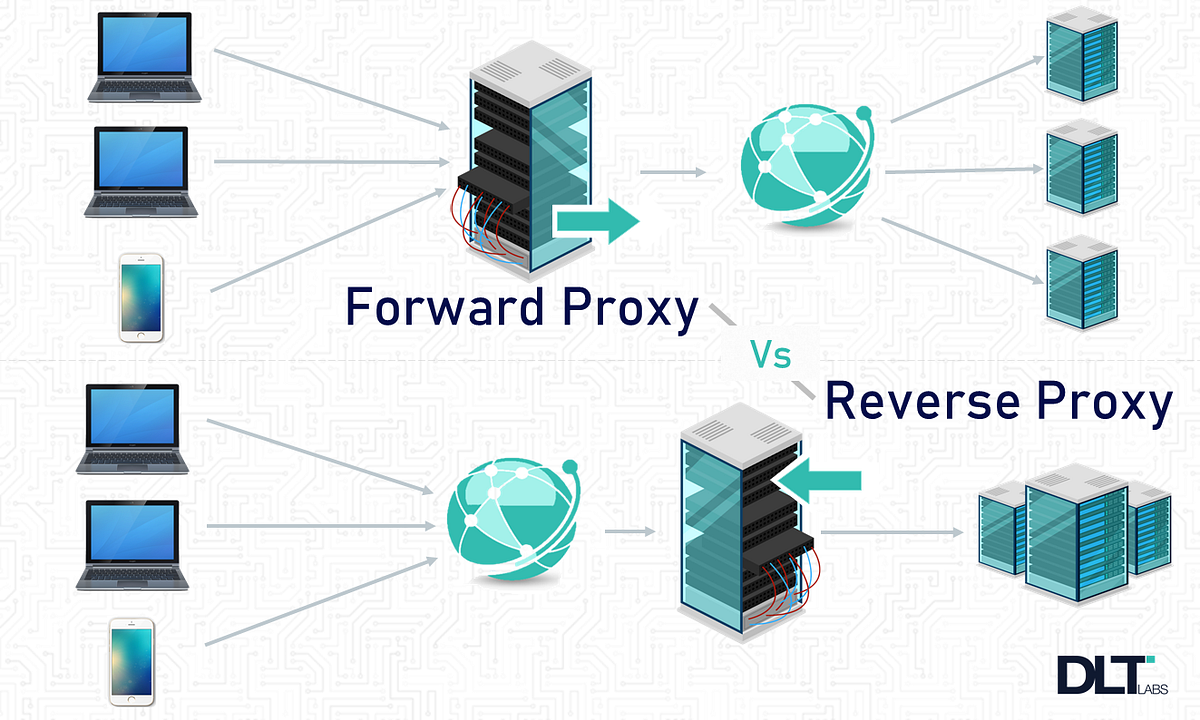In today's digital age, digital security and confidentiality are increasingly paramount concerns for many internet users. As we traverse an increasingly connected world, the need to keep our personal data safe and retain our privacy online has reached critical levels. One helpful approach for addressing such issues is the employment of proxy servers. But what exactly are a proxy server, and how does it work? This guide will take you through the essential steps to establish your own proxy server while highlighting the multiple benefits and types of proxies available.
If you're aiming to enhance your online privacy, access geo-restricted content, or enhance your gaming experience, grasping the concept of proxy servers can reveal a variety of options. From differentiating between proxies and VPNs to exploring how organizations employ proxies for cybersecurity, this article will arm you with the insights you need to formulate wise choices about your online presence. Come along as we explore the setup process and uncover the various perks that come with using a proxy server.
Comprehending Proxy Servers servers
Proxy servers function as middlemen between your device and the web. When you submit a call to access a web page, the query firstly goes through the intermediary, which forwards it to the destination server. This means your IP address is concealed from the destination site, and the site only sees the internet protocol address of the intermediary. This method allows users to improve their digital privacy and security while browsing the web.
There are different kinds of proxy, each with its specific functionalities and use cases. The most typical variations include HTTP servers, which are utilized for web traffic; SOCKS servers, which can handle any form of network traffic; and transparent proxies, which function without changing calls. Comprehending the distinctions between these proxy server types is crucial for choosing the right one for your needs, whether for private use or enterprise use.
Utilizing a proxy server provides several benefits, notably regarding online privacy and security. By concealing your identity, proxy servers aid shield your data from sites and possible intruders. They also provide additional capabilities such as content management, blocking ads, and storing data, which can enhance browsing efficiency and security. However, it is important to pick dependable proxy services to secure effective security and lessen risks.
Benefits and Risks of Using Proxies
Using proxies offers a range of benefits that can enhance your online experience. One of the main advantages is enhanced anonymity. Proxies can hide your IP address, making it harder for sites and platforms to monitor your online behavior. This level of anonymity is particularly helpful when retrieving sensitive information or when you want to escape targeted advertisements. Moreover, proxies can provide entry to geo-restricted content by rerouting your connection through nodes located in various regions, allowing you to access streaming content and websites that may be blocked in your area.
Despite these advantages, there are inherent risks associated with using proxy servers. One of the major concerns is safety, especially when using complimentary proxies. These services may log your actions or even inject harmful content into your connection, putting your personal information at risk. Moreover, not all proxies provide encryption, which is crucial for protecting your data from potential eavesdroppers. As a result, it's essential to choose reputable proxy providers and be aware of their data protection policies to reduce these concerns effectively.
Another crucial consideration is the potential for slower internet speeds. While some proxies can boost performance in certain scenarios, others may cause lag due to their routing processes. This can be particularly troublesome for activities such as gaming or watching high-definition videos. It's vital to evaluate the type of service you select, as certain options, like home IPs, may provide better speed and consistency compared to complimentary or public proxies, offering a more seamless user experience.
Selecting An Appropriate Proxy for Your Needs

When selecting a proxy server, it becomes important to think about your specific needs to ensure best performance and security. Different types of proxies accommodate different purposes, whether for browsing anonymity, streaming, or data scraping. For instance, HTTP proxies often are best for web browsing, but SOCKS proxies offer higher versatility for various types of traffic. Consider whether you need a residential proxy for a better genuine browsing appearance or a data center proxy for quicker performance.
Furthermore, take into account the level of privacy and security you desire. Proxies can vary in the encryption methods they provide, impacting your online safety and data protection. If gaining access to sensitive information, choose proxies that provide robust encryption. It is essential to investigate the reputation of the proxy service to confirm they do not log your activity or sell your data.
In conclusion, consider the geographic needs of your activities. If you aim to bypass geo-restrictions for streaming or gaming, select a proxy that can effectively mask your IP address in the targeted region. Check Omeka and testing results, as this can reveal how well a proxy performs under different conditions. By carefully assessing these factors, you can pick a proxy that meets your needs and boosts your online experience.
